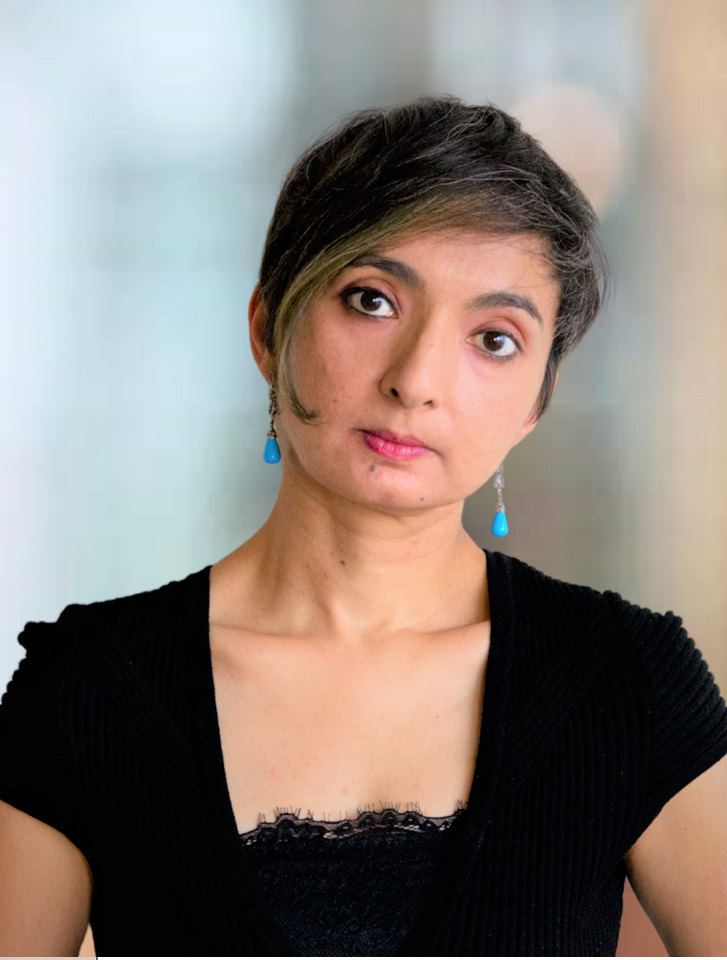
International IDEA’s upcoming Global State of Democracy 2022 report focuses on the role of social contracts in revitalizing democratic institutions. But what is a social contract and why is it important for democracy?
What is a social contract?
A social contract is an implicit agreement between the people and their government about what each side provides to the other. The terms of the agreement can vary widely. While notions of the social contract have historically tended to focus on things like security, employment opportunities and some form of social welfare to help address people’s needs over the course of their lives, social contracts can also include agreements on how communal relations are managed, women’s rights, and many other issues. In return for these rights, people pay taxes and consent to the authority of the state. Arguably, the government’s public legitimacy is rooted in the terms of the social contract.
Certain terms of the social contract are implicit and difficult to definitively codify; they may be understood as social mores in a given society. In many cases, though, the agreements are given effect through constitutions and laws. For example, Canadians benefit from universal healthcare; their taxes ensure that they do not have to pay out-of-pocket for most healthcare services. In Costa Rica, the government made a conscious decision to spend heavily on education and healthcare instead of on the military.
A long line of scholars and experts have studied social contracts, including Jean-Jacques Rousseau, Thomas Hobbes, Immanuel Kant and John Locke. Beatrice Webb is also credited with advancing social contract theory. Some experts have traced the concept as far back as ancient Greece in the 5th century BC. In more recent times, UN Secretary General Antonio Guterres and LSE Director Minouche Shafik have shone a new spotlight on the issue.
What does a social contract have to do with democracy?
If we think of democracy as public control over decision-makers and decision-making and equality in the exercise of that control, it follows that social contracts are at the heart of democracy. Social contracts define the issues that decision-makers must work on, and they stipulate how people can hold those decision-makers accountable for upholding (or not) their ends of the deal. If people feel that the terms of the contract are not fair or are not being respected by the government, the latter risks losing legitimacy.
Democracies are arguably better placed to keep social contracts updated, largely by virtue of the mechanisms in place to promote responsiveness and accountability. In addition to the fact that leaders can be voted out of office for failing to effectively deliver for their constituents, protests, petitions, and other avenues for communication allow people to let their leaders know what they must do to retain legitimacy.
Why do we need to update social contracts?
First, people’s needs are changing in response to a quickly evolving context. In addition to the myriad ways in which digitalization and the internet have impacted the way we live our daily lives, there are new expectations about more mobile lifestyles and things like remote working arrangements. People also want more responsive action to address the effects of climate change, the renewed threat of nuclear war and – more recently – a global cost of living crisis. Second, people may change their minds over time. The rise of more right-wing governments in Sweden and Italy suggest, for example, that publics may have more restrictive views than before about issues like immigration, especially as longstanding economic grievances remain unaddressed. In Indonesia, there is also increasing support for conservativism. Third, social contracts require renegotiation when governments fail to deliver as promised. When Sri Lanka’s Rajapaksa government defaulted on its debt, leaving the public without basic supplies, the public took to the streets and forced the president to resign. Subsequent discussion has widened to demand an overhaul of the social contract.
What are some examples of social contract renewal?
There are several contemporary examples of the renewal of social contracts. Around the world, youth are demanding an increased say in politics. In Belgium, for instance, the government lowered the voting age from 18 to 16 for all EU citizens living in the country who wish to cast ballots in the European Parliament elections, held every five years. The change was a direct response to the Conference for the Future of Europe, which included innovative citizens’ panels, empowered to make recommendations. In 2019, Malaysia also lowered the voting age from 21 to 18, partly in response to a youth-led campaign on this issue.
Another example can be seen via the multiple examples of a push for stronger reproductive rights around the world. Examples from Finland, India, Sierra Leone, Colombia, and Malta – just to name a few - demonstrate how women (and men) expect their governments to do more to protect women’s autonomy over their own bodies.
A final example noted here is in Chile, the site of one of the most inclusive constitutional drafting processes in the world. Although the text failed a public referendum, President Boric announced his support for a continuation of the process, something that 74 percent of Chileans also support.
What happens when social contracts are not renewed?
If people’s expressed needs are not addressed over a significant amount of time, it can risk the government legitimacy. A particularly striking example is in The Gambia, where Yahya Jammeh, who had ruled as president for 22 years, was defeated by Adama Barrow in a stunning 2016 victory. The new government has promised a raft of reforms, many of which promise to address people’s longstanding, unresolved grievances from the Jammeh era. People’s ability to seek justice for what happened in the past will be key to Barrow’s continued legitimacy and his government’s focus on these issues is a key example of how critical it is to be aware of the need to regularly renew social contracts.




